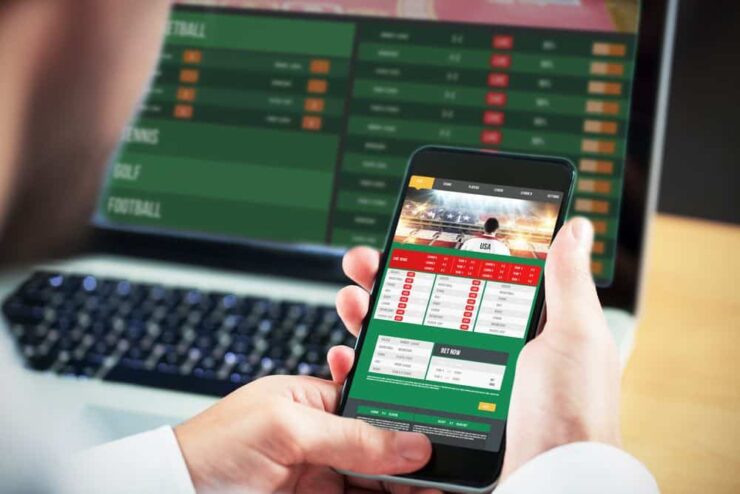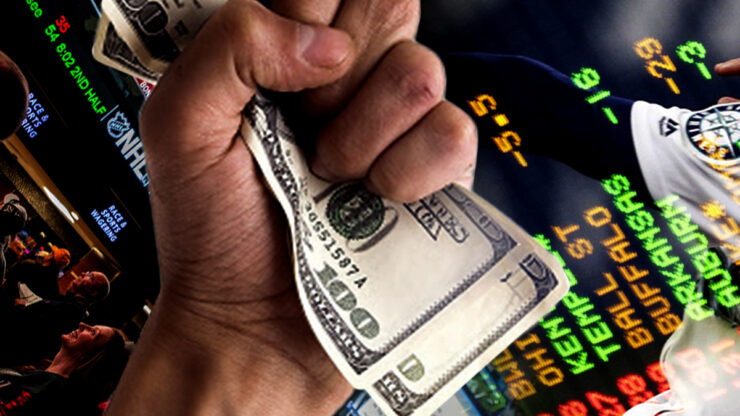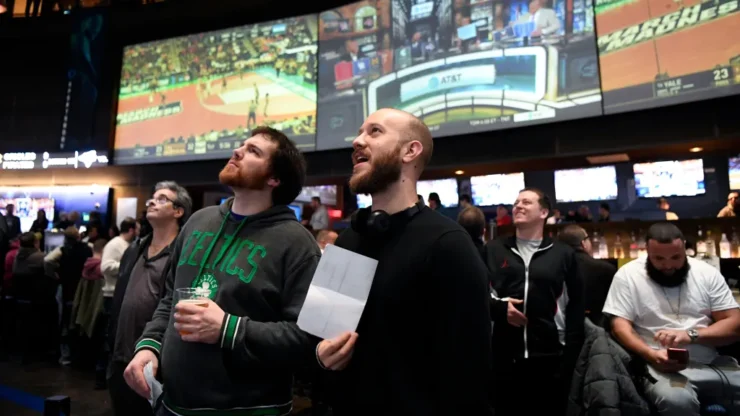We typically concentrate on historically successful betting approaches, various prop betting chances, and other tools in this space to help punters place better bets, but many of them continue to make the same errors. Even bettors who can beat the -110 odds at most sportsbooks (52.38% ATS rate required) frequently find their bankrolls shrinking as a result of a number of errors.
You need sound money management principles in addition to making wise bets. Without further ado, we will list the most frequent errors that sports bettors make.
1. Excessive Number of Plays

Large amounts of information, such as steam moves, reversal line movement, contrarian plays, and top bets, are available to those that open an account at sportsbooks. Even though operators only recommend placing bets on their Best Bets, some of the users will actually take bets on every system that is activated. This may lead to bettors placing 10 to 15 wagers each evening. Your winning percentage will probably decline if you do not concentrate on the best plays, which increases the likelihood that the juice (also known as vig) will gradually deplete your bankroll. You don’t know what that is? The cut or fee a sportsbook levies for taking part in any sporting event is known as juice in the betting industry. In other words, by accepting your wager, sportsbooks effectively receive cash up front or a commission.
Acknowledging why lines are shifting is significantly more important than simply keeping track of line movements and bet signals. Major line changes can happen as a result of key injury or public betting, and those are not the kinds of plays you should be looking for.
2. Taking Recent Trends Too Seriously
Big sample size is one of the most crucial qualities for a successful betting system, which we have already discussed in detail. It never ceases to astonish us how much stock gamblers will put into a team’s success over the previous, say, five games. Large sample sizes enable you to more properly identify gains that you may possess over the sportsbooks. A novice bettor might conclude, for instance, that a club is on an unstoppable winning streak because they have won their last five games. The truth is that teams are really undervalued following a loss, as shown by our analysis of historical data. Bookies rated on bookmaker-expert.com/country/egypt/ usually advise their clients to buy on disappointing news and trade on good news because of this.
Additionally, bettors frequently make use of patterns and statistics that do not pertain to the field of sports betting. An excellent illustration of this is the Indiana Pacers, who were one of the NBA’s most pleasant shocks in the 2013-14 NBA season and finished with the best record in the Eastern Conference (56-26). Despite the team’s success, Indiana was just 38-43-1 against the spread (ATS), which meant Pacers bettors would have seen their bankroll suffer significantly.
3. Altering the Unit Size

It is remarkable how many punters make irresponsible choices with their bankrolls, despite the fact that money management could be the most crucial skill required for a successful sports bettor. The most frequent problem includes reacting excessively to a winning/losing run. Based on how much risk a player is comfortable with, we advise all of the punters to use a flat-betting method in which they stake 2-5% of their whole bankroll upon every game. However, when they experience a winning run or a string of victories, many gamblers become overconfident and begin to boost their unit size.
Similar to this, some gamblers will go through a little dry spell and start to either up their unit size in an effort to come back to their starting bankroll or get upset and stop gambling altogether. When you drastically raise your unit size, it only requires a short winless skid for your bankroll to run out. We strongly advise patience and a long-term perspective because of this.
One of the biggest factors contributing to novice gamblers going bankrupt is risking excessive amounts of money on a single wager and drastically varying from their usual unit size.
4. Purchasing the Best Line
Although we know that no gambler has accounts active at even a small percentage of those sportsbooks, live-odds users have access to more than 50 different sportsbooks, according to some estimates. Still, having only one sportsbook available drastically restricts the options available to bettors.
We advise opening accounts at three distinct kinds of sportsbooks because of this:
- The best underdog lines are generally found in square books.
- Sharp books, which frequently have the greatest lines on favorites.
- Decreased juice books are excellent for daily wagering since, with -105 odds on the majority of games, punters only need to triumph at a rate of 51.22% to break even.
Bettor odds which are at least 0.5 points better than the market average are commonly available when they have access to three separate sportsbooks. Your long-term winning rate can be increased by 2% only by adding that extra half-point.
5. Betting vs the Public

One of the pillars of a successful sports betting concept is betting against the public, and the application is very straightforward: the team that receives a smaller percentage of bets may offer better value. People often support favorites and overs since it is in our nature to want to win and score goals. Similar to this, we have observed that bookmakers routinely overestimate home-field advantage, which has greatly increased the value of guests (not counting baseball).
It makes no difference how many inexperienced gamblers are backing a particular team. What counts is how much cash is being bet on a particular side of the game. One of the causes, why we think the reversal line movement is a great sign of sharp money, is because of this. Whenever 80% of the public bets on Team A at -8 and the line moves to -7.5 or -7, we realize that a sizable wager on Team B was made, which caused the line to shift against the majority of bettors.

